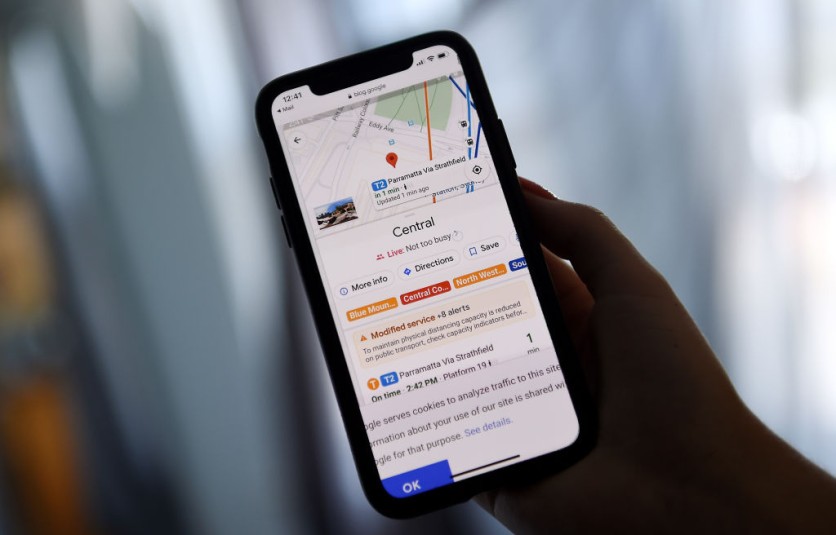
Legal and information technology (IT) experts are debating how state-wide reproductive control laws would affect personal information protection following the overturn of the landmark Roe v. Wade case.
Digital Evidence Is Still The Primary Documentation Used By Prosecutors in Violations of Reproductive Health Laws
Recent criminal cases utilizing digital evidence to prosecute crimes shed light and provide insight into how law enforcement can proceed amidst the recent US Supreme Court decision.
There are numerous cautions on the internet that single points of digital health data, such as facts from a period tracking app or Google Maps indicating a visit to Planned Parenthood, might be used against someone in criminal prosecution. Experts who have reviewed situations in which people have been charged for offenses believe those concerns are mostly unfounded.
Law enforcement has been mainly concerned with proof that someone willfully committed a violation of the legal framework set by Roe v. Wade overturned. A period tracker can only show that someone became pregnant and subsequently stopped being pregnant, not that they had an abortion.
Instead, prosecutors frequently depend on a digital paper trail produced by inspecting a suspect's smartphone. That includes text messages, emails, and search histories that reveal someone was looking for an abortion, according to Cynthia Conti-Cook, a Ford Foundation fellow who wrote an influential article on digital evidence used in abortion cases.
Authorities have utilized search histories as proof of intent in cases involving persons suspected of unlawfully performing their own abortions. That means that almost any type of digital communication might be used as evidence. However, not all digital communication is easily obtained by law enforcement via formal requests or subpoenas. Law enforcement can access unencrypted data, but they can only examine end-to-end encrypted messages transmitted by applications like Signal by directly accessing a user's smartphone.
Not All Applications Handle User Data Carefully and Securely
Prosecutors have not prioritized the sort of information that period-tracking apps store. However, some applications that gather health data handle it more securely than others, and it's hard to anticipate all of the ways prosecutors would use sensitive information to prosecute someone.
Many period-tracking applications keep patient data on a centralized server. This informs both law enforcement and dangerous hackers about where they may go to obtain all user information. Some applications claim to anonymize users' accounts, but it's typically feasible to reverse such measures. Some period trackers, such as Flatcracker Software's Period Plus app, save all user information on the user's phone.
Hospitals and other healthcare institutions keep extensive records of their patients. While there are federal regulations in place regarding how that data is stored, such as the Health Insurance Portability and Accountability Act (HIPAA), it is unclear how much of that will prevent health care workers from turning over abortion information to law enforcement in a post-Roe world, according to Sara Geoghegan, a law fellow at the Electronic Privacy Information Center.
That implies prosecutors might take a doctor's or nurse's records on what a specific patient stated about their pregnancy status. However, it does not appear feasible that law enforcement could perform wide-ranging searches for all records at a hospital where a patient discussed abortion.
ⓒ 2026 TECHTIMES.com All rights reserved. Do not reproduce without permission.




